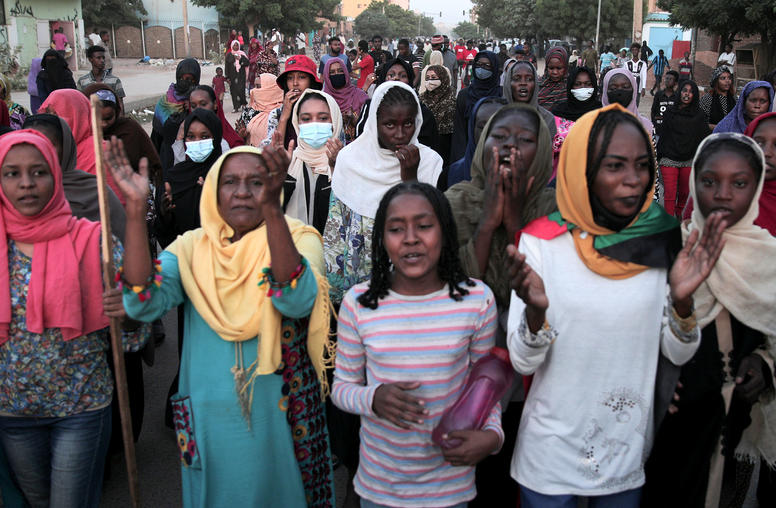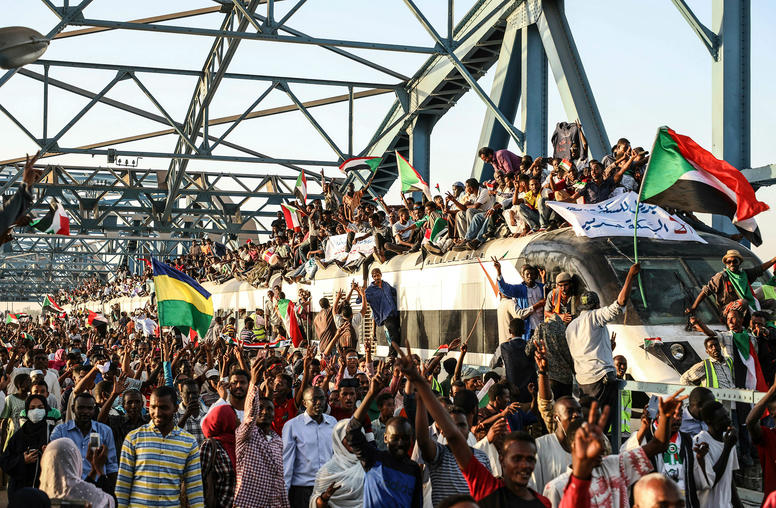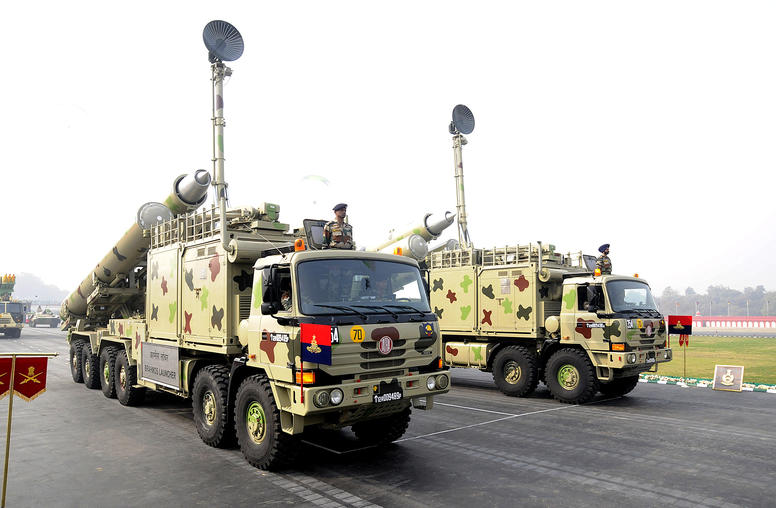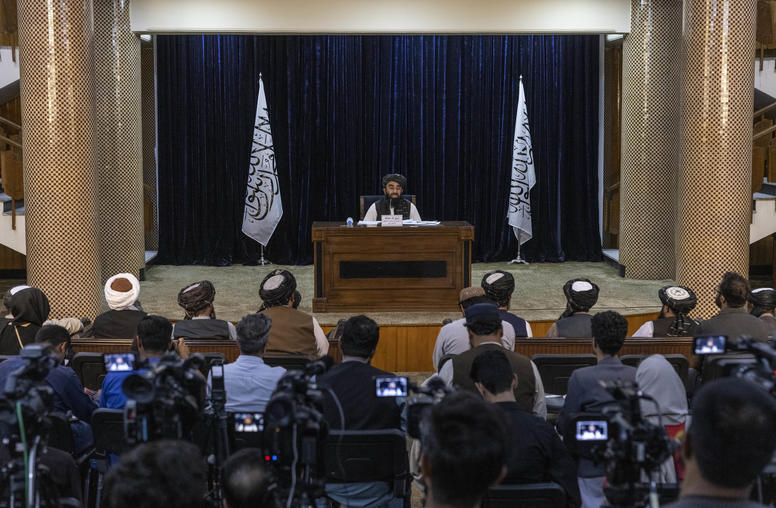Special Report
Publications
Articles, publications, books, tools and multimedia features from the U.S. Institute of Peace provide the latest news, analysis, research findings, practitioner guides and reports, all related to the conflict zones and issues that are at the center of the Institute’s work to prevent and reduce violent conflict.

Darfur after Bashir: Implications for Sudan’s Transition and for the Region
This report examines the role of Darfur in Sudan’s domestic politics and international relations since the overthrow of Omar al-Bashir in 2019. It traces how Darfur’s importance has shifted with the growing aspirations and power of Mohamed Hamdan Daglo – more commonly known as Hemetti – and the Rapid Support Forces that he governs. It concludes by examining where Western actors may have leverage to push for both peace in Darfur and civilian rule.

Sowing the Seeds of Nonviolent Action in Sudan
From 2013 to 2018, Sudanese civil society actors carved out a variety of civic spaces that laid the foundation for Sudan’s 2018–2019 December Revolution. This report assesses the factors that gave rise to this remarkable mobilization—in particular how civil society development ultimately enabled the Sudanese opposition to sustain a decentralized, nationwide, and robust nonviolent campaign characterized by widespread mass participation, unity of leadership and purpose, and a commitment to nonviolent discipline—and what it will take to keep the country’s democratic transition on track.

Lauren Baillie on Accountability for Atrocities in Ukraine
Amid ongoing revelations of atrocities committed against Ukrainians at the hands of Russian forces, USIP’s Lauren Baillie says efforts to investigate and prosecute these crimes will require creativity and “the ability to think more broadly about how we bring perpetrators to justice and recognize the unique needs of victims.”

Enhancing Strategic Stability in Southern Asia: USIP Senior Study Group Final Report
This report reviews the challenges posed by changing strategic circumstances in Southern Asia, assesses a range of US policy options, and presents a set of priority recommendations for US policymakers.

Brian Harding on the U.S.-ASEAN Summit
Ahead of this week’s U.S.-ASEAN summit, USIP’s Brian Harding says the Biden administration is “kicking off a really intense period of diplomatic engagement with Asia” with plans to draw a contrast with China and seek cooperation on issues such as climate change and supply chains.

Elizabeth Murray on Peacebuilding and the Global Disability Summit
The pandemic has “really laid bare some inequalities” facing those with disabilities, says USIP’s Elizabeth Murray. But last week’s Global Disability Summit offered “an opportunity for disability inclusion to be integrated across U.S. foreign policy,” particularly when it comes to peacebuilding programs.

Afghan Taliban Views on Legitimate Islamic Governance
Since their return to power in August 2021, Taliban leaders have not yet articulated a clear vision of how they plan to structure the Afghan state. Some observers have expressed guarded optimism that the Taliban can be persuaded to move away from the more authoritarian and illiberal aspects of their first regime. This report is intended to help these negotiators—whether from the international community or Afghan civil society—find possible compromises between the Taliban’s vision of “true” Islamic governance and liberal democracy and respect for human rights.

William Taylor on the Latest from Russia’s Invasion of Ukraine
As Ukraine's military continues to resist Russian advances throughout the country, USIP's Ambassador William Taylor offers the latest updates on the situation, saying that "the international tide is clearly turning against Russia" as more nations implement sanctions and that "Russia is now a pariah state."

Donald Jensen on the Latest from Russia’s War in Ukraine
For the first time in 20 years, USIP's Donald Jensen says we've seen cracks in Russian elites' allegiance to Putin: "While they're still amorphous and not very organized, they're clearly unhappy." And if the war drags on and losses mount, "Putin has a big, long-term problem on his hands."

Andrew Scobell on Comparing Russia-Ukraine to China’s Aggression Toward Taiwan
While there are similarities between Russia’s invasion of Ukraine and China’s aggression toward Taiwan, USIP’s Andrew Scobell says the two situations are markedly different upon closer inspection: “Russia also likes to flout international norms [while] China largely pretends to be playing by them.”